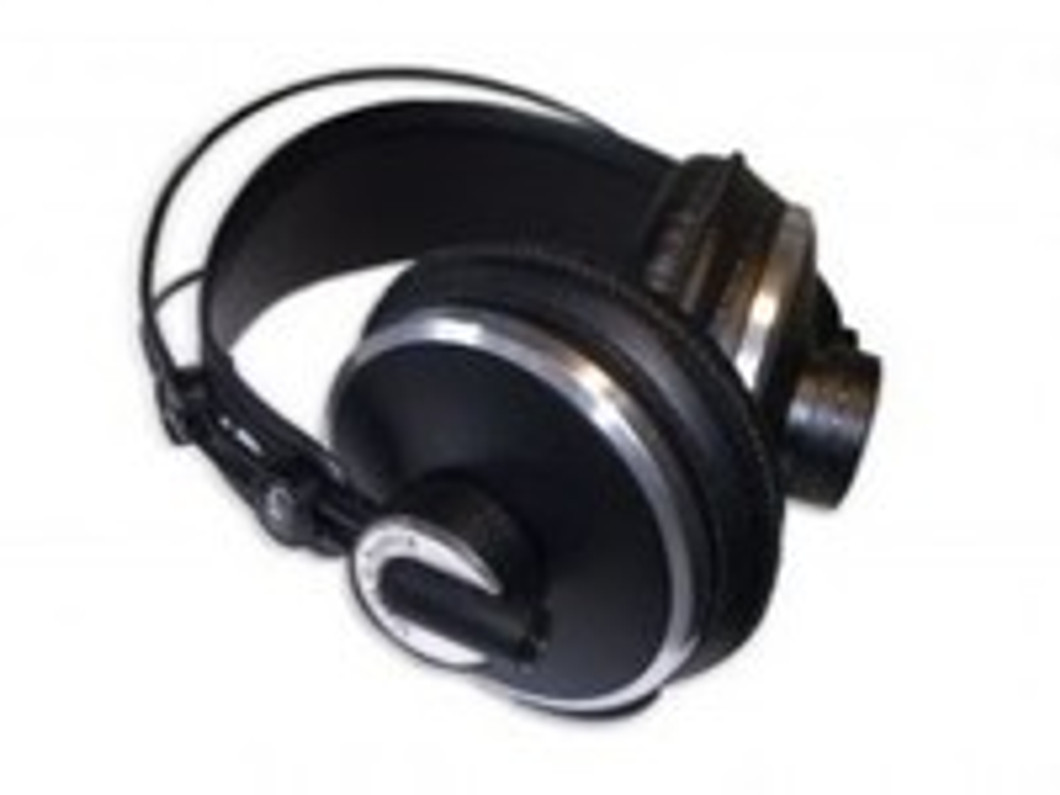The Dangers of Job-Related Loud Noise Exposure
Some people brush off loud noise in the workplace as nothing more than a slight nuisance that's part of the job. Unfortunately, prolonged exposure to loud noises can lead to some rather unpleasant side effects. Employees working in industries where loud noises is commonplace should take preventive measures to protect their ears and their health. To learn more about the dangers of job-related loud noise exposure, keep reading.
Some of the industries where loud noises are common include:
- Airplane pilots
- Construction workers
- Truck drivers
- Factory line workers
- Musicians and their equipment setup team
- Automotive manufacturing
- Sporting event coordinators
- And many, many more..
What's Considered 'Loud?'
Loud is somewhat of a relative term, making it difficult for employees to know their limits; however, the The National Institute for Occupational Safety and Health (NIOSH) recommends all workers, regardless of what industry they work, to limit their noise exposure to 85 dBA for 8 hours. Limiting your noise to below this amount will protect you from hearing loss among other related problems.
Dangers of Loud Noise Exposure
The problem with prolonged exposure to loud noises is that it strains the nervous system. The human body interprets sound through vibrations in the ear canal. When a device, machine or anything else makes a noise, vibrations travel through the air to reach our ears, at which point they stimulate tiny hairs in our ear canal. These hairs interpret this sound through vibrations and transmit the information to the brain. When our bodies are exposed to loud noises day after day, the nervous system begins to wear down, resulting in a range of unpleasant symptoms.
Hearing loss (partial or full) is a real possibility from long-term exposure to loud noises. Loss of hearing isn't something that happens overnight, but years of exposure to loud noises exceeding 85 dBA will certainly speed up the process. Employees may notice a constant ringing in their ear (tinnitus) before losing some or all of their hearing.
Protecting Yourself From Job-Related Loud Noise Exposure
Thankfully, there are steps employees can take to protect themselves from hearing loss and injuries caused from job-related loud noise exposure. Replacing old, loud machinery with quieter new models is one step companies can take to reduce the chance of hearing loss. Employees can also wear hearing protection devices (HPD) for an added barrier of protection.
Recent Posts
-
Fire Safety in the Workplace: What You Need to Know
What steps are you taking to prevent fires in your workplace? According to the U.S. Occupational Saf …Aug 23rd 2023 -
Is It Safe to Go Jogging With a Cold Infection?
If you're suffering from a cold infection, you might be wondering whether it's safe to go jogging. T …Aug 22nd 2023 -
5 Safety Tips to Follow When Using a Powder-Actuated Tool
Powder-actuated tools are commonly used to join materials to steel and concrete. Also known as Hilti …Aug 20th 2023




